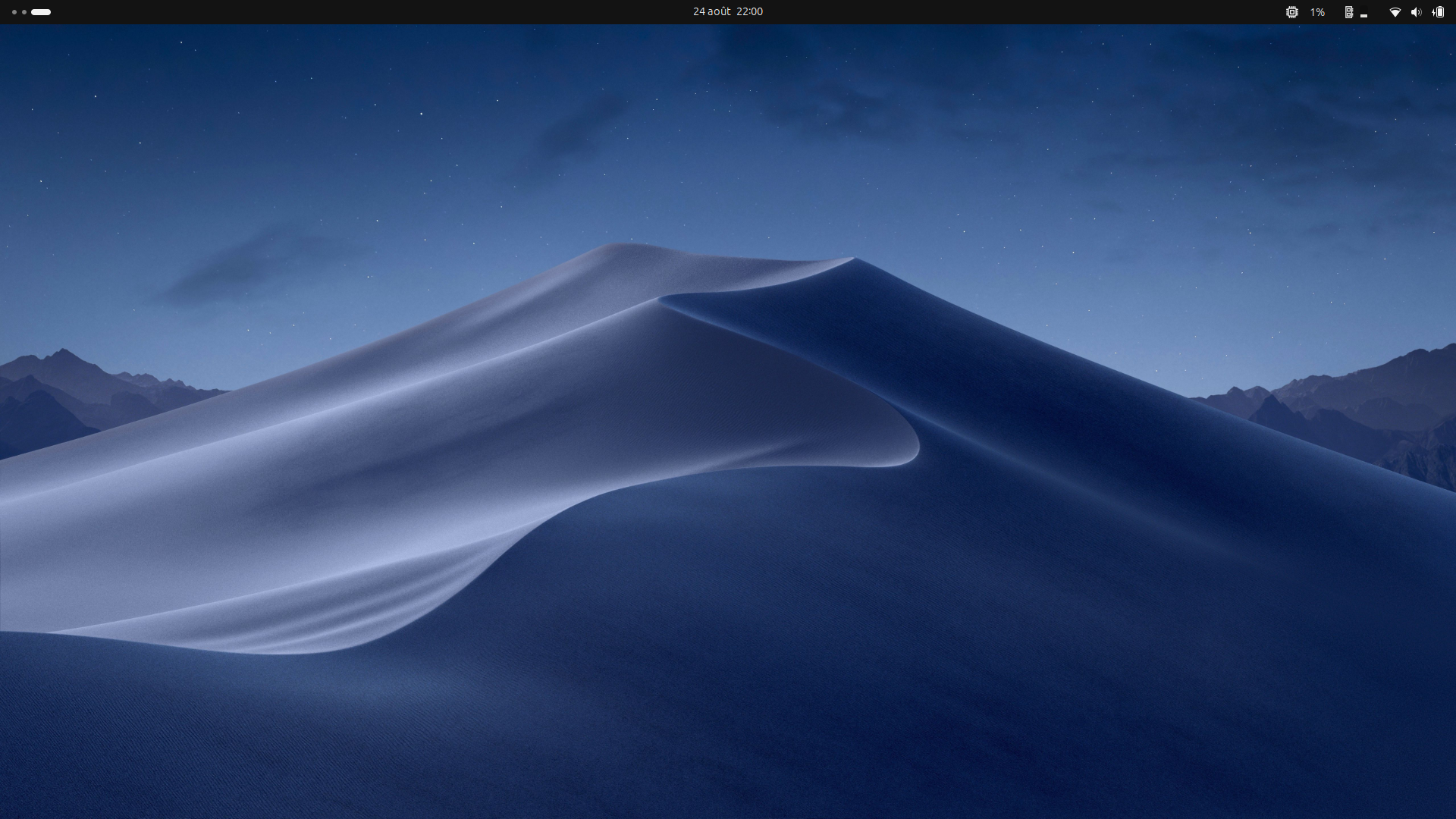Latest micro-posts
You can also also view the full archives of micro-posts. Longer blog posts are available in the Articles section.
Old post but still an interesting personal roadmap with Vim. #vim
Curiosities in Vinyl: Nice read. Looks like the author has a really comfy setup. I’ll keep the references handy.
A small table of interesting manpages.
♪ Antony & The Johnsons · You Are My Sister
(Special dedicace to K.)
TIL about a nice replacement for tldr: tealdeer.
It looks like 0x0.st is up and running again. I believe it was down for a few months and I had to resort to https://transfer.sh/.
This photo reminds me of the time when I was studying computer vision. Back in the time, we were happy with newly released LCD displays, although we got some CRTs lurking around. Now I can display images in my terminal (foot + sixel).

Commit Mono is an anonymous and neutral programming typeface focused on creating a better reading experience.
Installing wxpython on Ubuntu just takes 25 min. on an Intel i7-10610U (8 cores) @ 4.900GHz (389 Mo, virtual environment included). BTW, there’s no wheel for GTK4. #python
Sometimes I miss my time with macOS Mojave.
